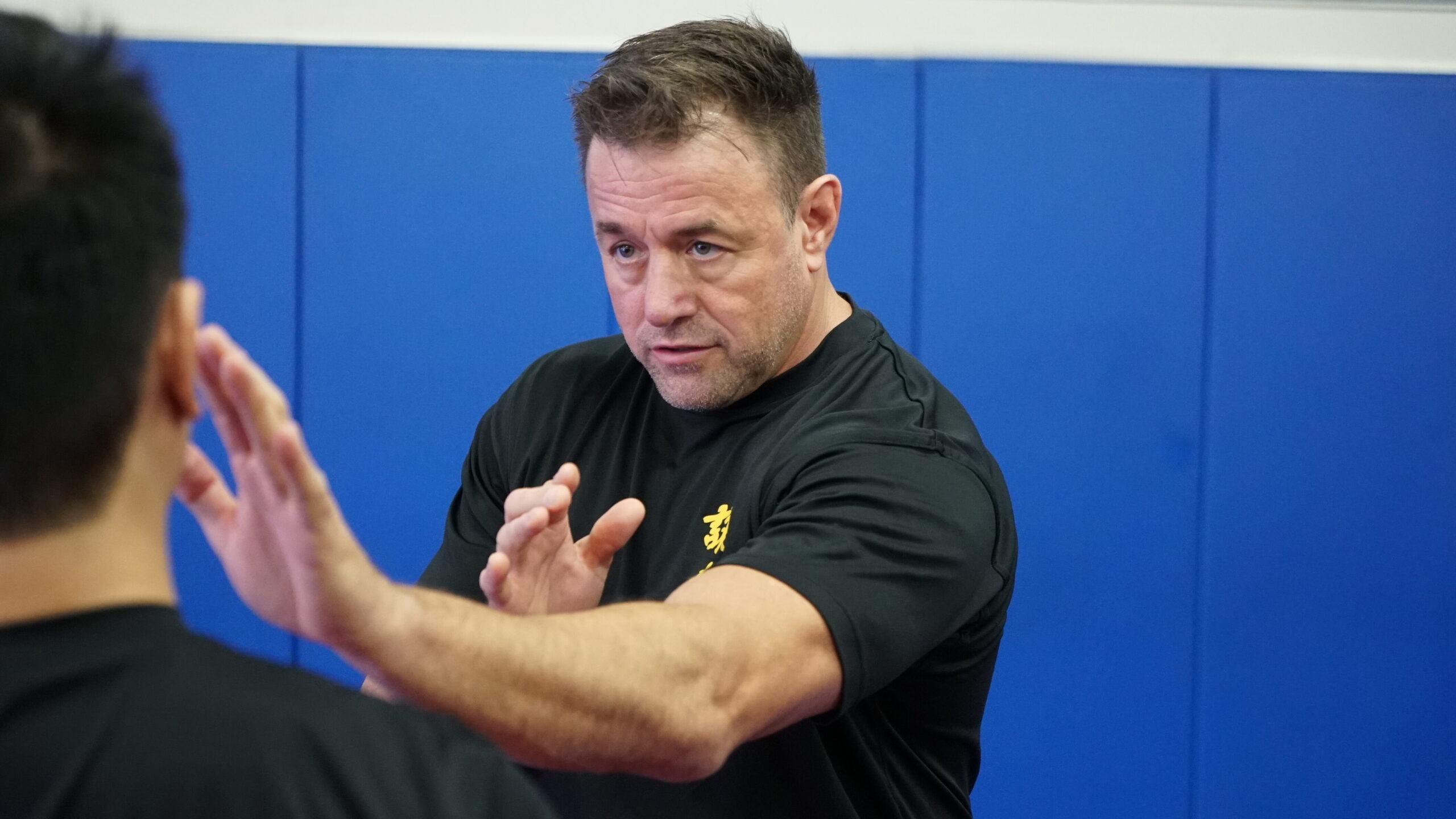Developing self-discipline requires consistent effort and practice. Here are some strategies to help you cultivate self-discipline:
- Set Clear Goals: Clearly define your goals and break them down into smaller, manageable tasks. Having a clear vision of what you want to achieve provides motivation and direction.
- Create a Routine: Establish a daily routine that includes specific time slots for tasks related to your goals. Having a structured schedule helps build discipline by instilling a sense of consistency and commitment.
- Start Small and Build Momentum: Begin with small, achievable tasks and gradually increase the level of difficulty. Starting with manageable steps allows you to experience small wins, building momentum and confidence over time.
- Practice Delayed Gratification: Learn to resist immediate temptations and prioritize long-term rewards. Delay gratification by focusing on the bigger picture and understanding that short-term sacrifices lead to greater benefits in the future.
- Set Clear Boundaries: Establish boundaries to eliminate distractions and create a conducive environment for concentration and productivity. This may involve setting limits on screen time, creating a designated workspace, or communicating your needs to others.
- Develop Effective Time Management: Learn to manage your time effectively by prioritizing tasks, setting deadlines, and avoiding procrastination. Break larger tasks into smaller, manageable chunks and allocate specific time blocks for focused work.
- Build Accountability: Find an accountability partner or join a supportive community that shares similar goals. Being accountable to someone else can help keep you motivated and on track, as you feel a sense of responsibility to follow through on your commitments.
- Practice Mindfulness and Self-Awareness: Cultivate mindfulness to become more aware of your thoughts, emotions, and behaviors. Notice moments of resistance or impulsivity and consciously choose disciplined actions aligned with your long-term goals.
- Develop Healthy Habits: Build positive habits that support your goals and well-being. Consistently engage in activities such as exercise, proper nutrition, quality sleep, and self-care, as they contribute to overall discipline and self-control.
- Embrace Failure and Learn from Setbacks: Understand that setbacks and failures are part of the learning process. Instead of getting discouraged, view them as opportunities for growth and learning. Analyze what went wrong, make necessary adjustments, and continue moving forward.
- Practice Self-Reflection: Regularly reflect on your progress, challenges, and areas for improvement. Take time to assess your actions, identify patterns, and adjust your approach as needed. Celebrate your successes and learn from your mistakes.
Remember, developing self-discipline is a gradual process that requires commitment and perseverance. By incorporating these strategies into your daily life and approaching challenges with a growth mindset, you can strengthen your self-discipline and achieve your goals.


Book Alan Baker for Inspiring Keynote Presentations
Alan Baker, an internationally recognized martial arts and self-defense expert, high-performance instructor, coach, author, and speaker, is available for speaking engagements and keynote presentations. With his expertise in personal development, the warrior mindset, and overcoming challenges, Alan delivers captivating and empowering talks that inspire audiences to unleash their inner strength and achieve personal and professional success.
Whether you’re organizing a conference, corporate event, or educational seminar, Alan’s dynamic speaking style and wealth of knowledge will impact your audience. From sharing practical strategies for personal growth to instilling the principles of resilience and determination, Alan’s presentations are tailored to motivate individuals to overcome obstacles and embrace their full potential.
To inquire about booking Alan Baker for your next event, please visit https://sifualanbaker.com/speaking/ or contact our team HERE. We look forward to collaborating with you.

